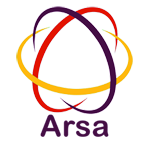7 Advantages of Using a CMS to Run Your Site
1 Sep 2018

7 Advantages of Using a CMS to Run Your Site
1Sep, 2018
0

U
Copyright © 2018 Arsa Company. All rights reserved.



